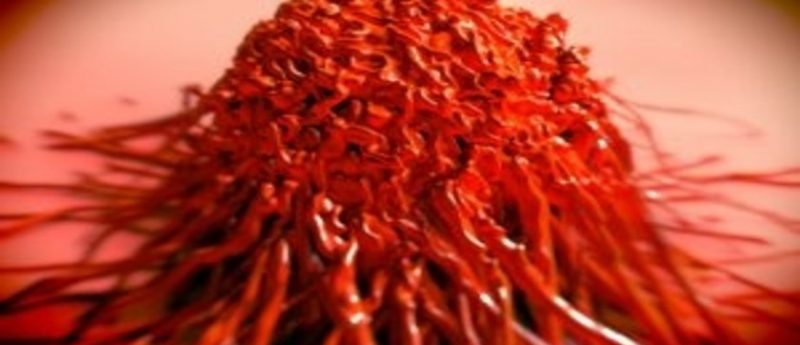The role of tumor microenvironment in melanoma therapy resistance

Melanoma patients develop resistance to both chemotherapy and targeted-therapy drugs. Promising preclinical and clinical results with immune checkpoint inhibitors using antibodies directed against cytotoxic T-lymphocyte-associated protein 4 and programmed cell death protein 1 have re-energized the field of immune-based therapies in melanoma. However, similar to chemotherapy or targeted therapies, immune checkpoint blockade responds in only subsets of melanoma patients. A number of factors, including gene mutations, altered cell-signaling pathways and tumor heterogeneity can contribute to therapy resistance. Recent studies have highlighted the role of inflammatory tumor microenvironment on therapy resistance of cancer cells. Cancer cells either alone or in conjunction with the tumor stroma can contribute to an inflammatory microenvironment. Multimodal approaches of targeting the tumor microenvironment, in addition to malignant cells, may be necessary for better therapy responses.
Click here to view the full article in our partner journal Melanoma Management.



